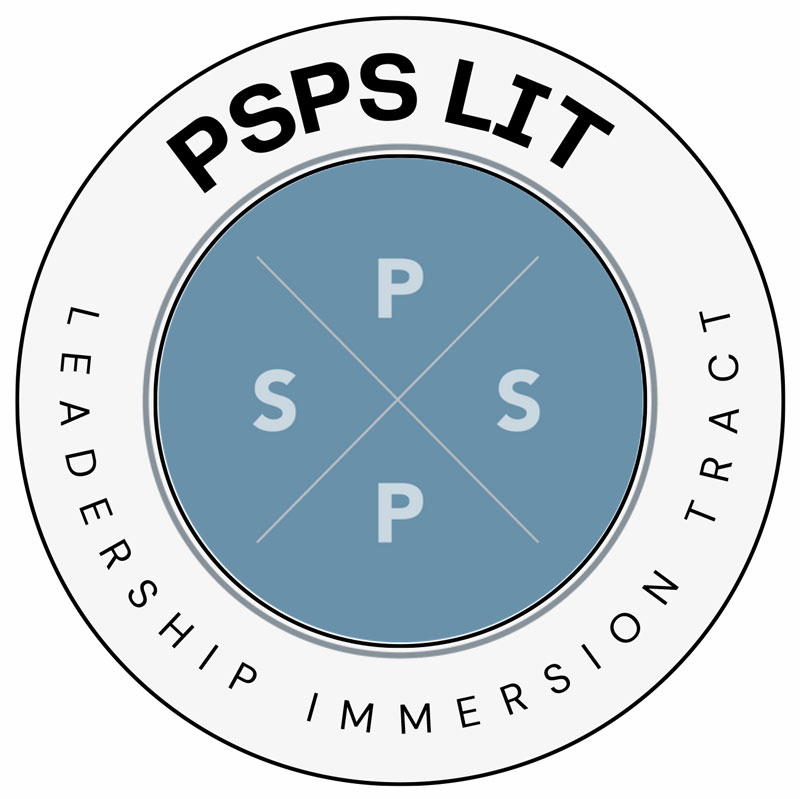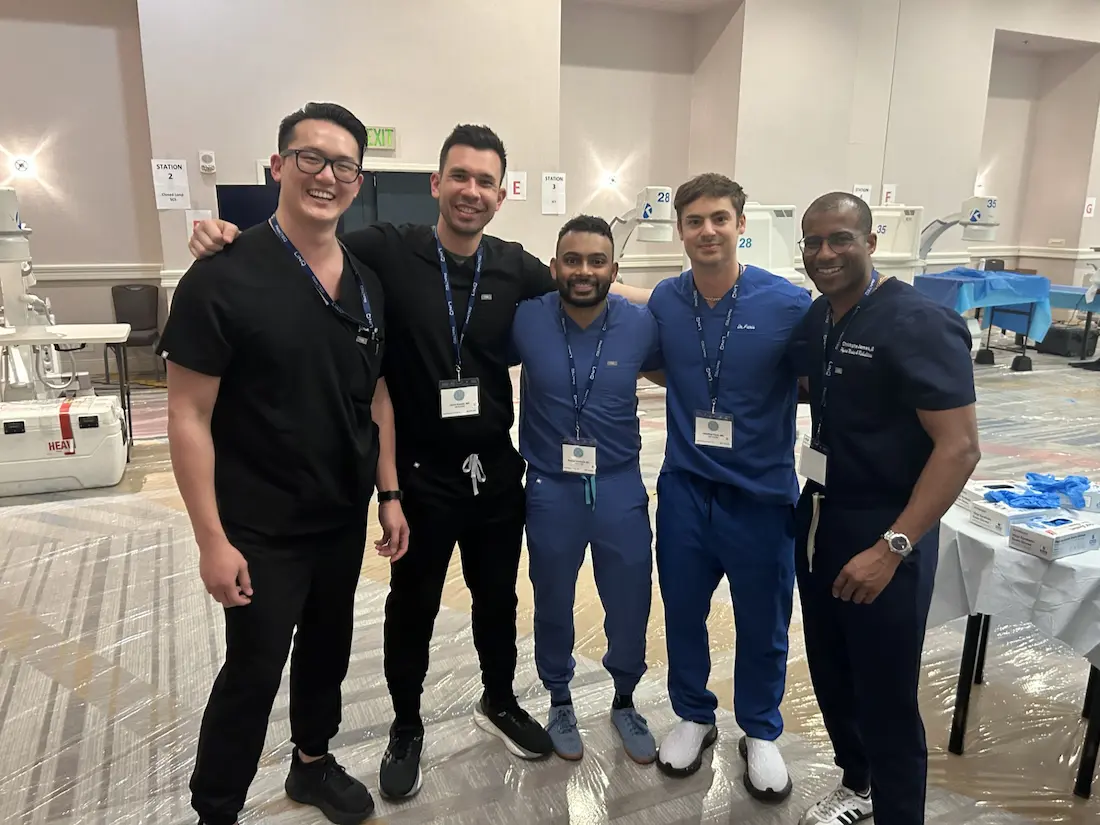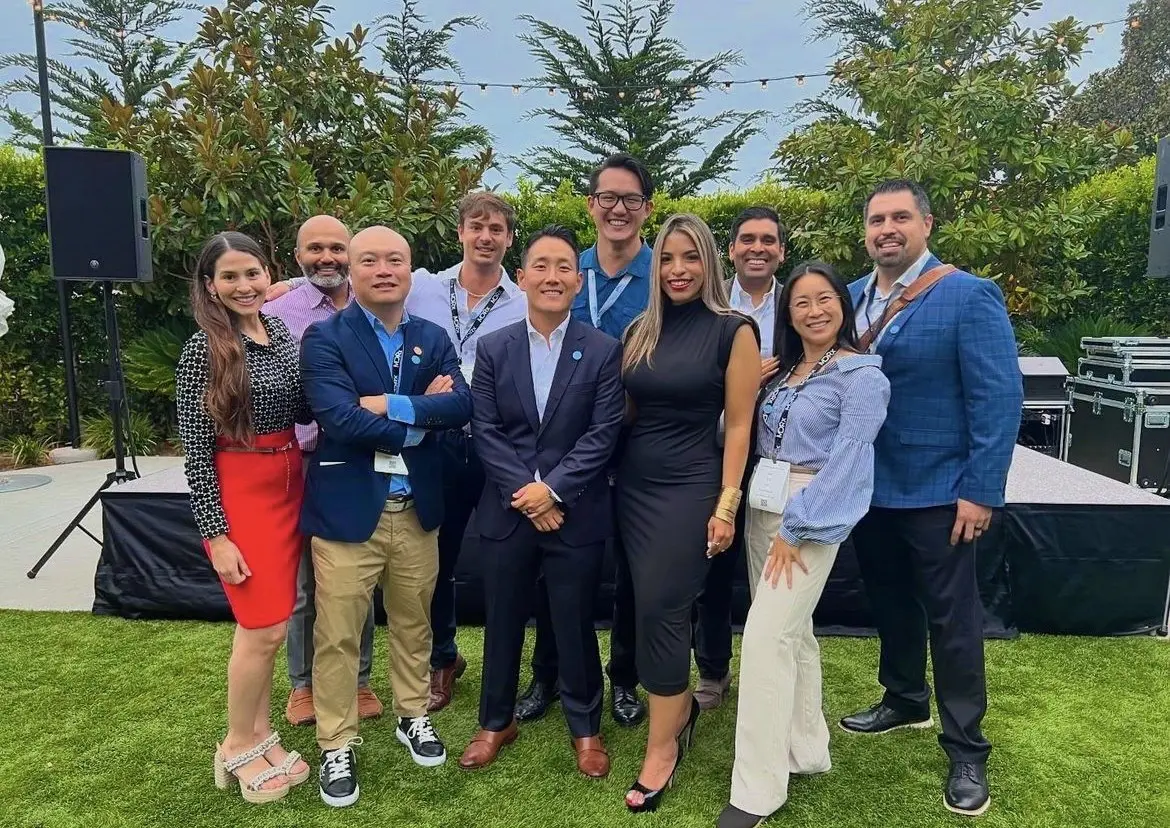




Overview
Pacific Spine & Pain Society was developed to bridge the gap between spine surgery and pain medicine. Societies dedicated to spine care are generally derived from the specialties of their training which may not emphasize cross-disciplinary education and care.
The Leadership Immersion Tract (LIT), as an innovative two-year training initiative, is meticulously designed to cultivate a new breed of healthcare professionals. It is a pivotal step in our unwavering commitment to developing leaders who are thoroughly prepared to steer and reform the dynamic and intricate healthcare landscape.
Mission
The core mission of the Leadership Immersion Tract (LIT) program is to develop and nurture professionals who are poised to make a significant and positive impact on various facets of the healthcare industry.
Our focus is on shaping individuals who will not only influence but also transform the culture within healthcare settings, elevate the standards of patient care, innovate in clinical practice, and drive progressive changes in healthcare business models.
We are committed to fostering leaders equipped with the knowledge, skills, and ethical grounding needed to navigate and lead in the complex and dynamic healthcare landscape.
Vision
The vision of the Leadership Immersion Tract (LIT) program is to empower early and mid-career professionals by equipping them with a comprehensive blend of knowledge, skills, tools, and frameworks. This empowerment is aimed at enhancing their abilities in career planning, development, and business administration, specifically tailored for the healthcare sector and related industries.
Our objective is to open a world of diverse career and academic opportunities, providing substantial exposure to a range of professional pathways. Furthermore, we are dedicated to fostering an environment that promotes collaborative leadership, encouraging our participants to engage in and contribute to dynamic team-based initiatives, thereby cultivating a new generation of innovative and cooperative leaders in healthcare.
Schedule
Each month, a telemeeting is organized, featuring open discussions led by distinguished faculty members, providing an interactive platform for knowledge exchange and professional development. To ensure ongoing engagement and collaboration, regular communication is maintained through various social networks and digital communication tools, fostering a continuous and dynamic exchange of ideas and information.



